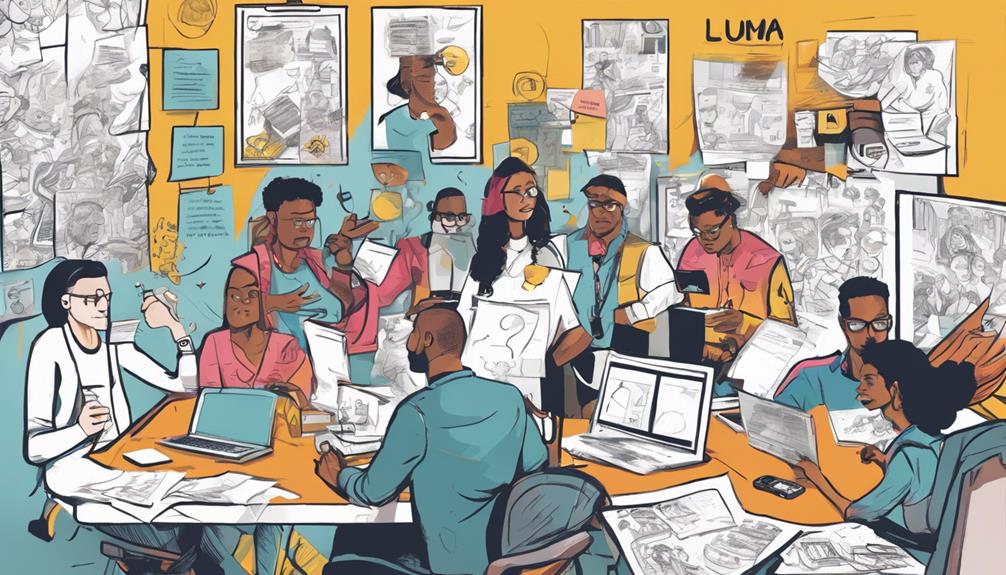We all make mistakes, but it’s often the small ones that can have the most significant impact on our lives. In this article, we’ll explore the world of small mistakes, their consequences, and how to learn from them to lead a more fulfilling life. Let’s dive into the fascinating realm of human error and personal growth!
Common Small Mistakes That Can Derail Your Life
Even the tiniest missteps can have far-reaching consequences. Here are some common small mistakes that might be holding you back:
Key Points
- 20% of people identify themselves as chronic procrastinators
- 88% of people don’t have a time management system
- 60% of adults don’t engage in regular physical activity
- 47% of employees avoid discussing issues with their managers
- 55% of Americans don’t have a budget
- 70% of employees are not engaged in their jobs
These seemingly insignificant errors can compound over time, leading to missed opportunities and unfulfilled potential. To learn more about avoiding life’s traps, check out Know Your Best Avoiding Life’s Traps section.
The Psychology Behind Making Small Mistakes
Understanding why we make small mistakes is crucial for personal development. Our cognitive processes, habits, and decision-making patterns all play a role in these minor errors.
Factors Contributing to Small Mistakes
By recognizing these factors, we can work on improving our awareness and decision-making skills. For more insights on personal growth, visit Know Your Best Personal Development and Growth category.
Learning from Small Mistakes
Mistakes are valuable learning opportunities. Here are two books that can help you embrace a growth mindset and learn from your errors:
These resources can help you develop a more positive attitude towards mistakes and use them as stepping stones to success. For more on learning from mistakes, visit Know Your Best Learning from Mistakes tag.
Strategies for Avoiding Common Life Errors
While we can’t eliminate mistakes entirely, we can take steps to reduce their frequency and impact. Here are some practical strategies:
Practice Mindfulness
75% report reduced stress levels
Develop Good Habits
66% report improved self-discipline
Learn from Others
80% report improved problem-solving
Regularly Reflect
90% report improved self-awareness
Implementing these strategies can help you navigate life’s challenges more effectively. For more tips on self-improvement, check out Know Your Best Self-Improvement and Motivation category.
Embracing Imperfection and Continuous Improvement
Remember, making mistakes is a natural part of life. What matters most is how we respond to them and use them as opportunities for growth. Here are two books that can help you on your journey of self-improvement:
Conclusion: Turning Small Mistakes into Big Opportunities
As we’ve explored in this article, small mistakes are an inevitable part of life. However, by understanding their impact, learning from them, and implementing strategies to avoid common pitfalls, we can turn these tiny errors into opportunities












